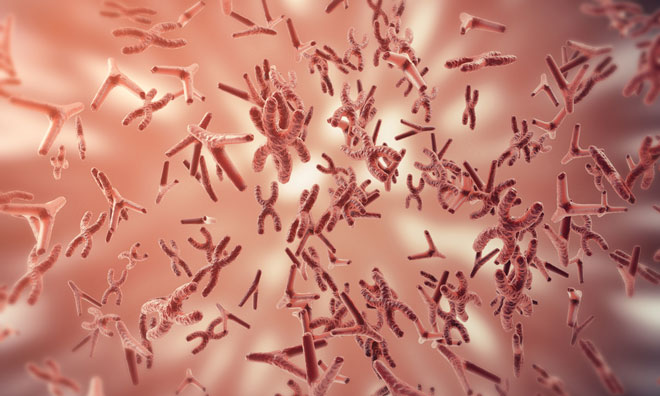Society collaboration release management guideline for Turner syndrome
Posted: 14 July 2017 | Niamh Marriott (European Pharmaceutical Review) | 3 comments
A comprehensive, international guideline that incorporates the most up-to-date knowledge on diagnosis, treatment and patient impact of Turner syndrome (TS) has been published.


The guideline project was initiated by the European Society for Endocrinology (ESE) and the Paediatric Endocrine Society (PES), in collaboration with six other learned societies, to incorporate the latest evidence-based advice for diagnosis and treatment of girls and women with TS.
TS is a rare genetic disorder that affects only girls and occurs when all or part of one X chromosome is missing, affecting approximately 1/2000 female births. TS has many health implications for patients at different stages of their life – it alters growth during childhood and teenage years, delays puberty, and adversely affects cardiovascular health and fertility in adulthood. TS is also associated with neurocognitive issues, which can result in patients having difficulties in everyday tasks such as navigating through a city, or experiencing social interaction issues.
Preventable complications
If not diagnosed and treated appropriately, TS can be associated with higher mortality rates and preventable complications. Although previous guidelines have highlighted the importance of a multidisciplinary approach to manage TS patients, there have been many recent advances since their publication.
The revised guideline addresses all health issues related to the condition, including psychological and social implications, providing clinicians with recommendations on how to treat patients at all stages – from foetal life into old age. Using evidence-based advice the updated guidance includes improved recommendations on optimal growth-promoting therapy, dealing with cardiovascular problems and tackling infertility in TS patients.
Professors Claus Gravholt and Philippe Backeljauw, Co-Chairs of the guideline consensus working group, agree that in particular, “the new cardiovascular-related advice should lead to lower morbidity and mortality, while the recommendations on oestrogen replacement therapy and guidance for pregnancy consideration should lead to improved quality of life.”
Evidentiary support
The new guidelines were developed from the findings of over 576 TS studies by ESE and PES, in collaboration with the Endocrine Society, the European Society for Pediatric Endocrinology, European Society of Human Reproduction and Embryology, the American Heart Association, the Society for Endocrinology, and the European Society of Cardiology.
“We envision that these guidelines will be widely adopted around the world by the professional communities and become the framework to treat TS, however, more future well-designed and large studies are needed in order to keep establishing evidence-based recommendations.” states Professor Gravholt.
Related organisations
European Society for Endocrinology (ESE), Paediatric Endocrine Society (PES)





Please, would you be so kind to provide us a copy of these new guidelines? We are a non-profit making association of rare endocrine diseases. Thank you.
Hi Teresa
The guidelines are available to download for free from the website: http://www.eje-online.org/content/177/3/G1.full.pdf+html
Regards
EPR Editorial
Congratulations to Drs. Claus Gravholt and Phillippe Backeljauw for their leadership and collaboration with the Endocrine Society, the European Society for Pediatric Endocrinology, European Society of Human Reproduction and Embryology, the American Heart Association, the Society for Endocrinology, and the European Society of Cardiology resulting in an update to the clinical care management guidelines for Turner Syndrome. The updated clinical care management guidelines will advance our understanding of all comorbidities and strategically focus care standards to potentially improve, and save, lives. This work will also provide an opportunity to usher a greater support for clinical research in Turner Syndrome. Turner Syndrome Foundation stands with you in this commitment.